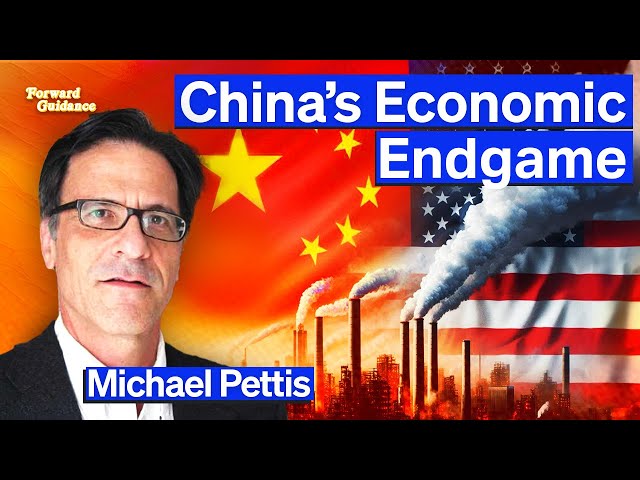Podcast Summary
In this insightful podcast, finance and macroeconomics expert Jordi Visser discusses the changing nature of the business cycle in the exponential age. He explores the impact of technological advancements, the rise of AI, and the shift from a debt-based economy to an equity-based one. Vissa also delves into the potential of cryptocurrencies, the future of inflation, and the role of central banks. The conversation further touches on the power of community in the crypto world and the transformative nature of blockchain technology.
Key Takeaways
Transforming Business Cycle in the Exponential Age
- Shift in Economic Growth Drivers: Vissa argues that traditional factors driving economic growth, such as debt and labor force growth, are being replaced by productivity booms driven by robots and artificial intelligence.
- Disruption of Debt-Market Cap Relationship: The dominance of large tech companies, growing their market cap without debt, has disrupted the traditional relationship between debt and market cap.
- Impact of Generative AI: With the rise of generative AI and the digital economy, the business cycle is predicted to become less fragile and dominated, leading to a smoother and more stable growth pattern.
Recession, Recovery, and the Role of Central Banks
- Recession and Scarcity: Vissa suggests that recessions are driven by scarcity, and the concept of abundance, facilitated by technological advancements, challenges the traditional notion of scarcity.
- Central Bank Interventions: The host and guest discuss the ongoing cycle of recession and recovery, with the central bank’s interventions and stimulus measures preventing negative GDP growth.
- Productivity and Scarcity: While productivity in certain sectors, such as farming, has increased, there may still be scarcity in other areas of the economy.
The Rise of Cryptocurrencies
- Bitcoin’s Potential: Vissa predicts that Bitcoin will replace traditional assets like bonds and stocks because it has the potential to outperform the returns offered by the Federal Reserve.
- Structural Change in Debt Ownership: There is a structural change in debt ownership, with the “Magnificent Seven” corporations having zero debt and benefiting from compounding interest on their cash reserves.
- Equity-Based Economy: The structure of the economy has shifted from a debt-based culture to an equity-based culture, with businesses relying more on equity funding rather than borrowing from banks.
Impact of AI and Technological Advancements
- AI Disruption: AI technology lowers barriers to entry and allows for quick formation and failure of businesses, disrupting traditional software companies and other industries.
- Blockchain for Authenticity: The need for authenticity in a world influenced by AI leads to the importance of blockchain technology and its role in verifying information and identities.
- Digital Economies and Communities: The podcast highlights the importance of digital economies and community-based environments, where individuals have the opportunity to make more money and pursue their interests.
Investing in Crypto and the Future of the Economy
- Investing in Crypto: Vissa encourages listeners to invest in crypto as a long-term solution, stating that it has a higher risk-reward ratio compared to other assets.
- Significance of a Bitcoin ETF: The speaker believes that the creation of an ETF for crypto will be a significant moment for the market, triggering asset allocation models to include crypto in their portfolios.
- Future Growth of Crypto: The speaker believes that the crypto market will continue to grow as fiat assets reach their peak and investors seek alternatives.
Sentiment Analysis
- Bullish: The podcast expresses a bullish sentiment towards the future of the economy, particularly with the rise of AI, technological advancements, and cryptocurrencies. Vissa’s optimism about the transformative nature of blockchain technology, the potential of Bitcoin, and the growth of the crypto market reflects this sentiment.
- Neutral: While the podcast is generally bullish, it also maintains a neutral stance on certain topics. For instance, while Vissa acknowledges the increased productivity in certain sectors, he also notes the persistence of scarcity in other areas. Similarly, while he discusses the potential of AI, he also highlights the challenges in predicting the future direction of the industry due to the rapid pace of innovation.
- Bearish: A bearish sentiment is not explicitly expressed in the podcast. However, there is a subtle bearish undertone towards traditional economic structures and assets, as Vissa discusses the shift from a debt-based economy to an equity-based one and predicts that Bitcoin will replace traditional assets like bonds and stocks.












